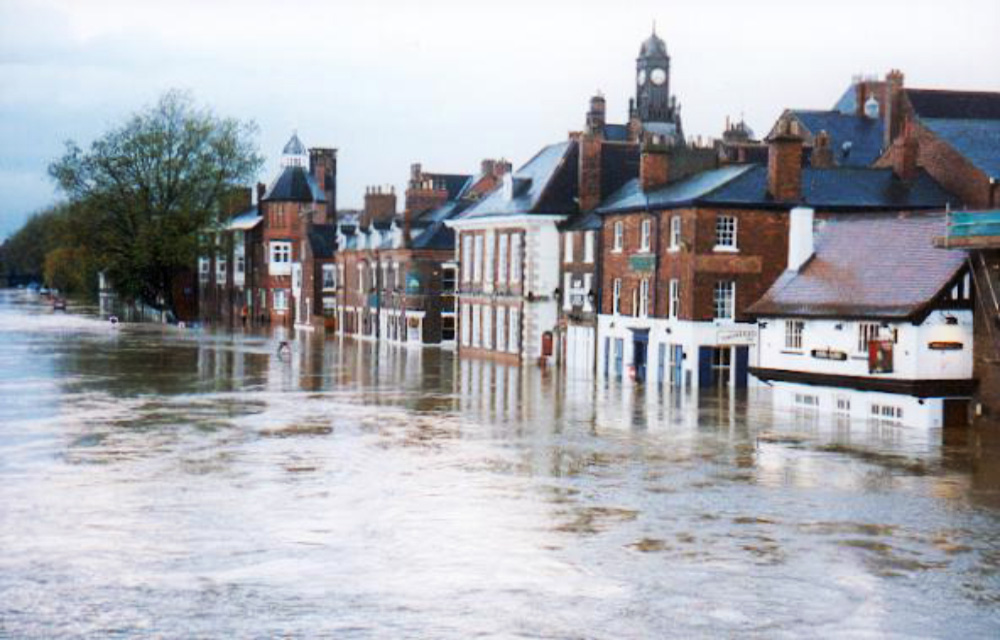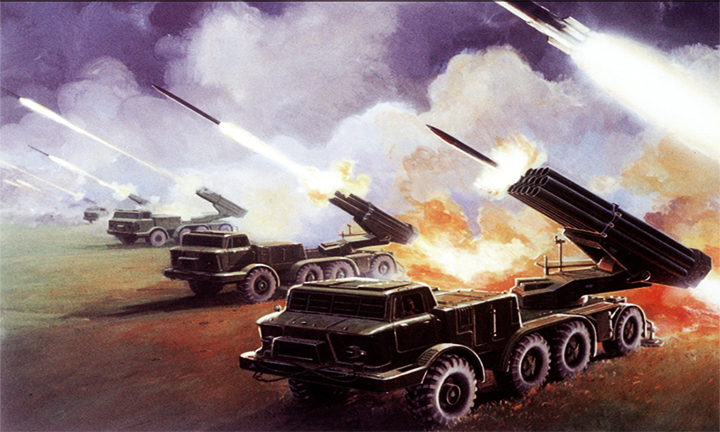Leftist politician Anura Kumara Dissanayake has been chosen as the forthcoming president of Sri Lanka after securing victory in the beleaguered nation’s inaugural election since its financial system collapsed in 2022. The 55-year-old triumphed over his closest opponent, opposition chief Sajith Premadasa, to emerge as the evident victor following a groundbreaking second round of tallying that included secondary-choice ballots. Outgoing president Ranil Wikremesinghe lagged in third place. This marks a remarkable turnaround for a man who captured only 3% of the votes in the 2019 election. Dissanayake, who ran as the representative for the National People’s Power (NPP) coalition, has garnered increasing backing in recent years thanks to his anti-corruption stance and pro-people initiatives-especially in the wake of the nation’s most severe economic crisis, which continues to affect millions. He will now take on the leadership of a country grappling to recover from the remnants of that crisis, with a populace yearning for transformation.
So who is the newly elected president ‘Anura Kumara Dissanayake’?
A former Marxist
Dissanayake was born on 24 November, 1968, in Galewela, a diverse and multi-religious town in central Sri Lanka. Raised in a middle-class family, he received public school education, holds a degree in physics, and first ventured into politics as a student around the time the Indo-Sri Lanka Agreement was signed in 1987-an event that ushered in one of Sri Lanka’s bloodiest eras. From 1987 to 1989, the Janatha Vimukti Peramuna (JVP)-a Marxist political entity that Dissanayake would later closely align with-led an armed uprising against the Sri Lankan government. The insurrection, incited by dissatisfaction among the youth of rural lower and middle socioeconomic classes, ignited a conflict characterized by raids, assassinations, and attacks against both political adversaries and civilians, resulting in thousands of fatalities. Dissanayake, who was elected to the JVP’s central committee in 1997 and became its leader in 2008, has since expressed regret for the group’s violence during this so-called ‘season of terror’. ‘Many occurrences during the armed conflict should not have taken place,’ he remarked in a 2014 BBC interview. ‘We remain shocked, and are pained that our hands caused events that should not have. We are perpetually saddened and shocked by that.’ The JVP, which today holds only three seats in parliament, is part of the NPP coalition led by Dissanayake.





